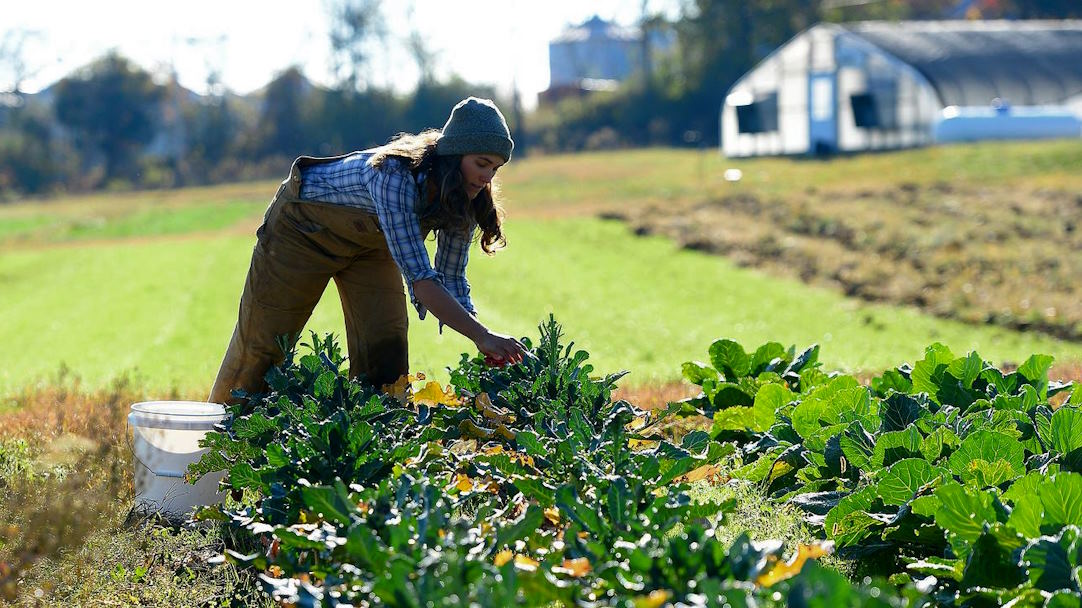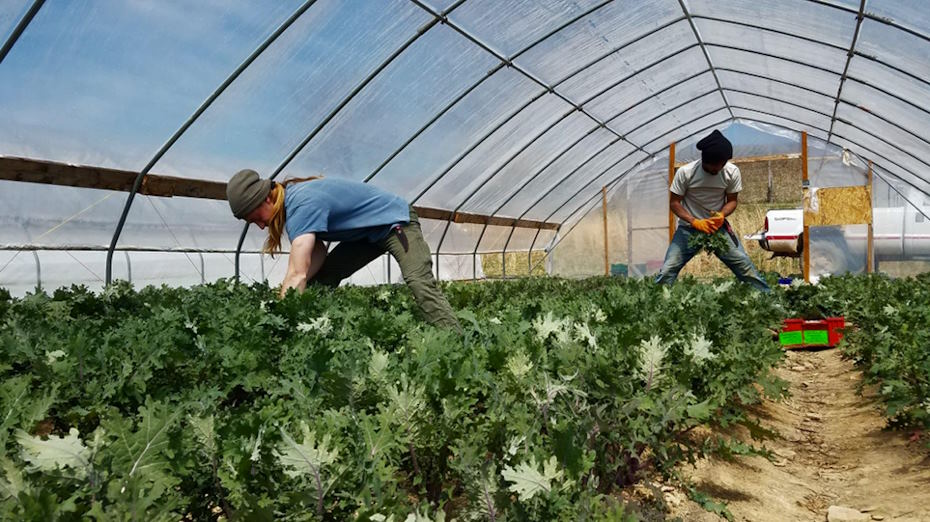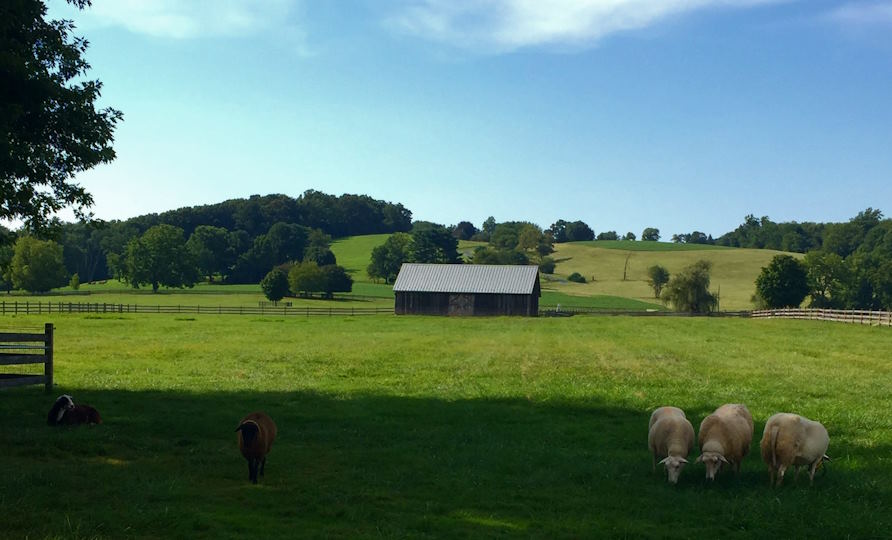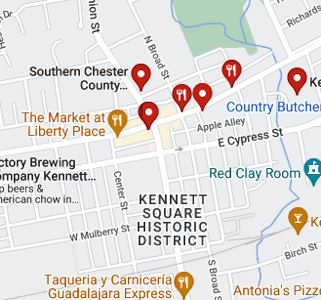Exploring Sustainable Farming Practices in Southern Chester County
- Published in Farmland Preservation
- Permalink

In Southern Chester County, the land is not just cultivated but also valued as an important asset, making it an outstanding instance of sustainable farming. The farms in Southern Chester County, which are concealed away in the county’s center, are planting the seeds of sustainability in addition to produce. The farms in Southern Chester County are growing more than simply crops; they are growing a legacy of sustainable land use, vibrant communities, and the prospect of plenty for future generations.
The Green Horizon: Sustainable Farming Initiatives in the Heart of Chester County
Southern Chester County emerges as a model of sustainable farming, where the land is appreciated as a precious asset rather than simply tilled. Farms throughout the region are spearheading efforts that stress:
- environmental stewardship
- community well-being
- the sustainability of agricultural techniques
Sustainable farming is becoming linked with the agricultural culture of Southern Chester County, from the rich fields of Kennett Square to the pastoral stretches of Unionville.
Southern Chester County Farms Are Embracing Sustainable Practices
The farms of Southern Chester County are getting into line with the standards of an astute public. Communities-supported agriculture (CSA) programs, farmers’ markets, and farm-to-table initiatives are becoming more popular because they put customers in direct contact with nearby farms. Customers are able to observe directly the sustainable farming methods used to produce the food that is served on their tables because of this direct interaction, which promotes transparency.

Sustainable Agriculture Trends in Southern Chester County
Southern Chester County’s farms are leading the way in sustainable agriculture movements that transcend county boundaries. The technique known as “cover cropping,” in which crops are sown in fallow times to protect and improve the soil, is becoming more popular.
This technique lessens the effects of climate change, improves soil fertility, and prevents soil erosion all at the same time. It also requires less synthetic inputs. Furthermore, farmers are adopting precision agriculture technology, which are transforming the way they manage their resources.


 Southern Chester County, where history meets horizon. Join us in discovering the rich tapestry of heritage, vibrant communities, and the scenic allure that sets this region apart. Explore the heart of tradition and the pulse of modernity, as we unveil the beauty that defines this charming region.
Southern Chester County, where history meets horizon. Join us in discovering the rich tapestry of heritage, vibrant communities, and the scenic allure that sets this region apart. Explore the heart of tradition and the pulse of modernity, as we unveil the beauty that defines this charming region.